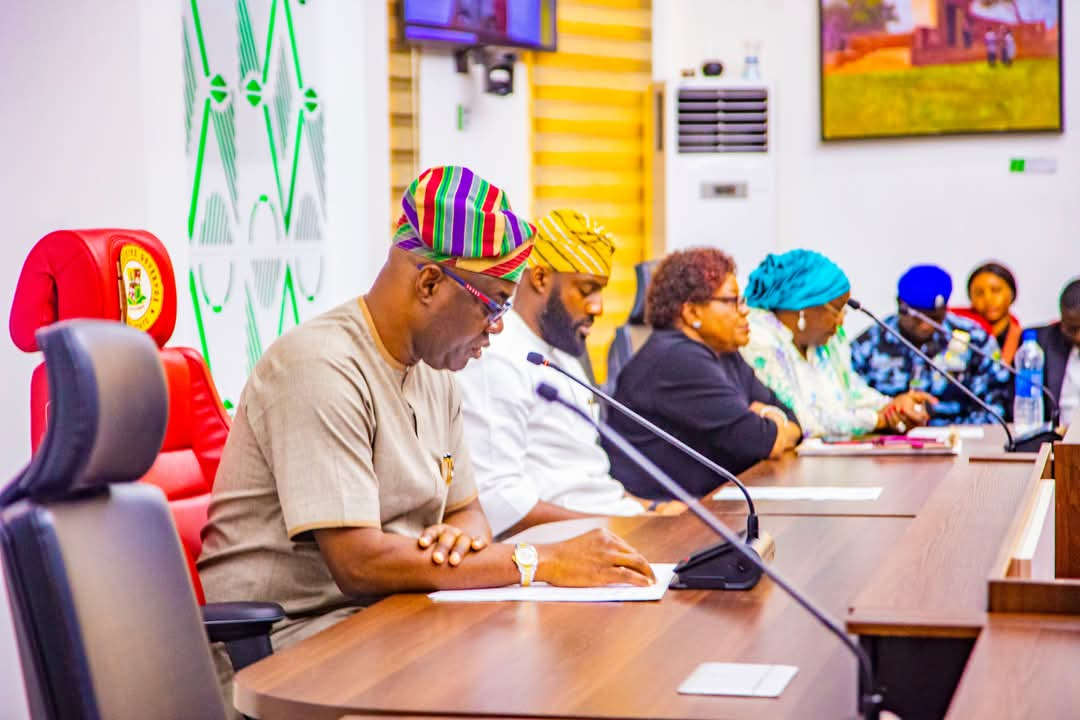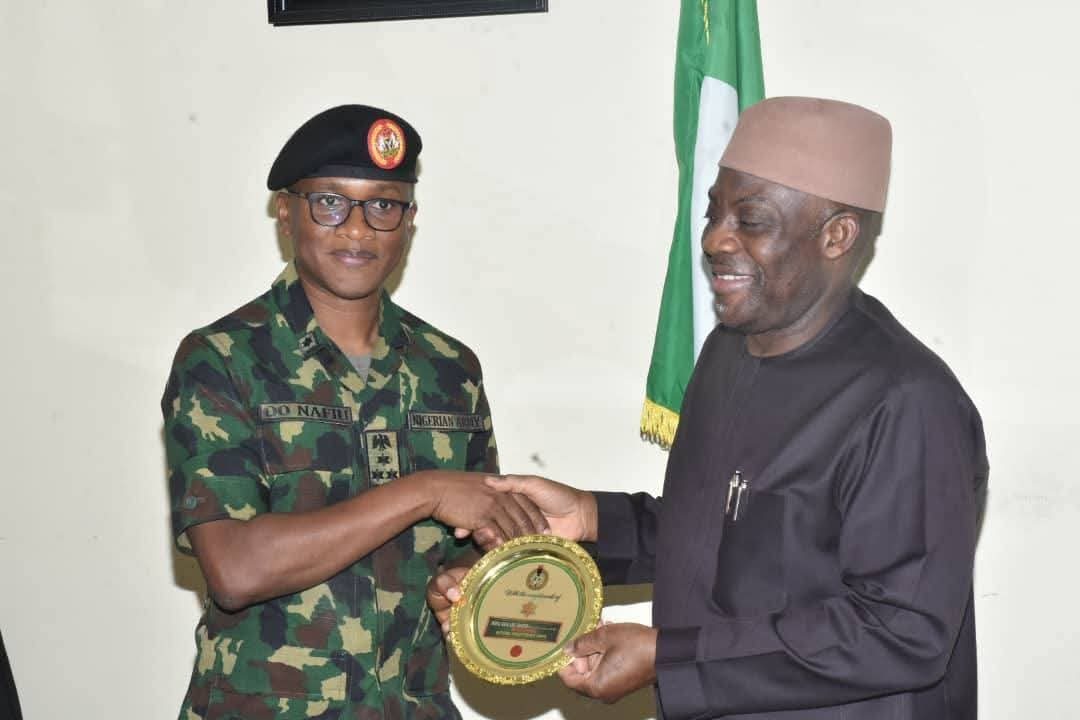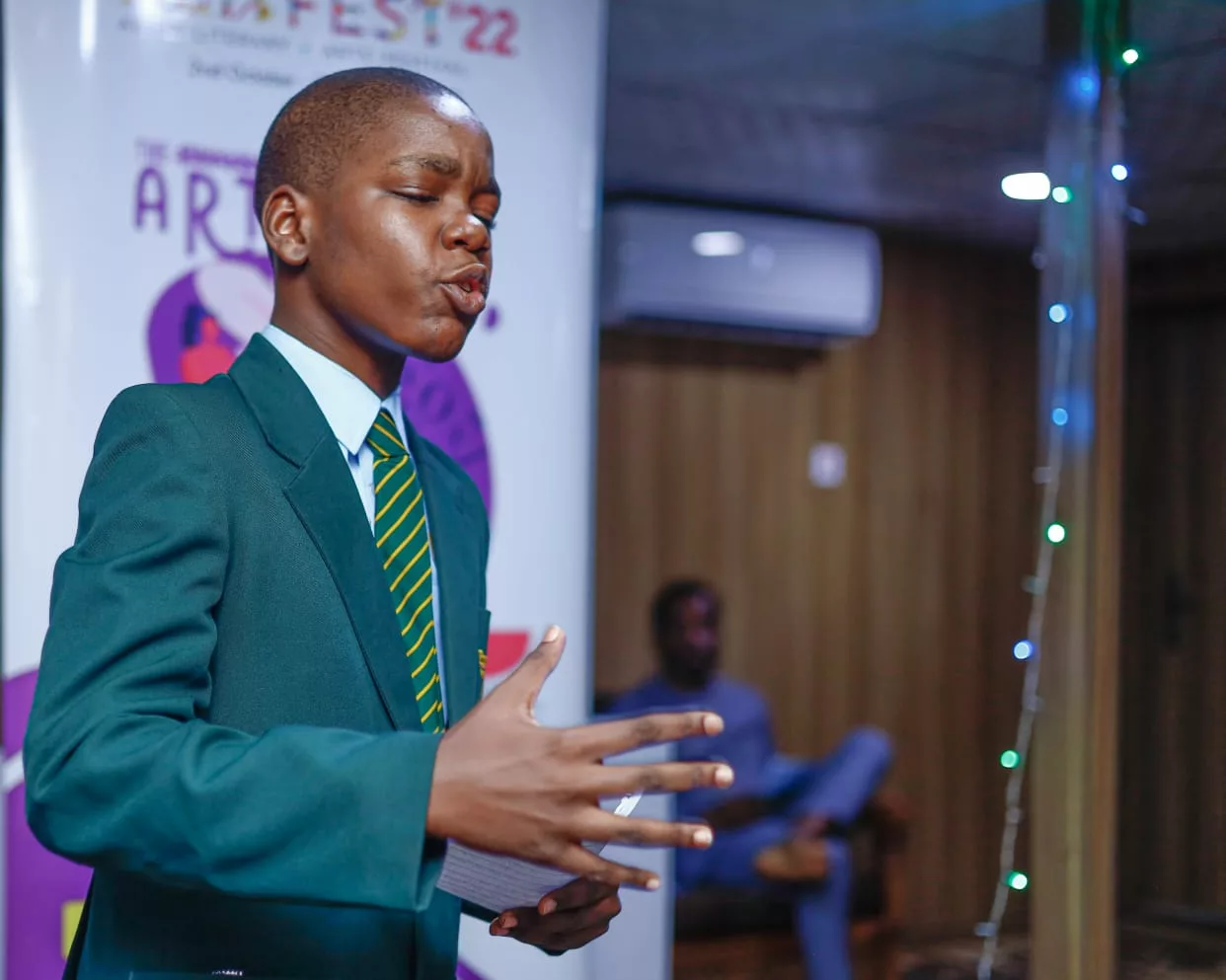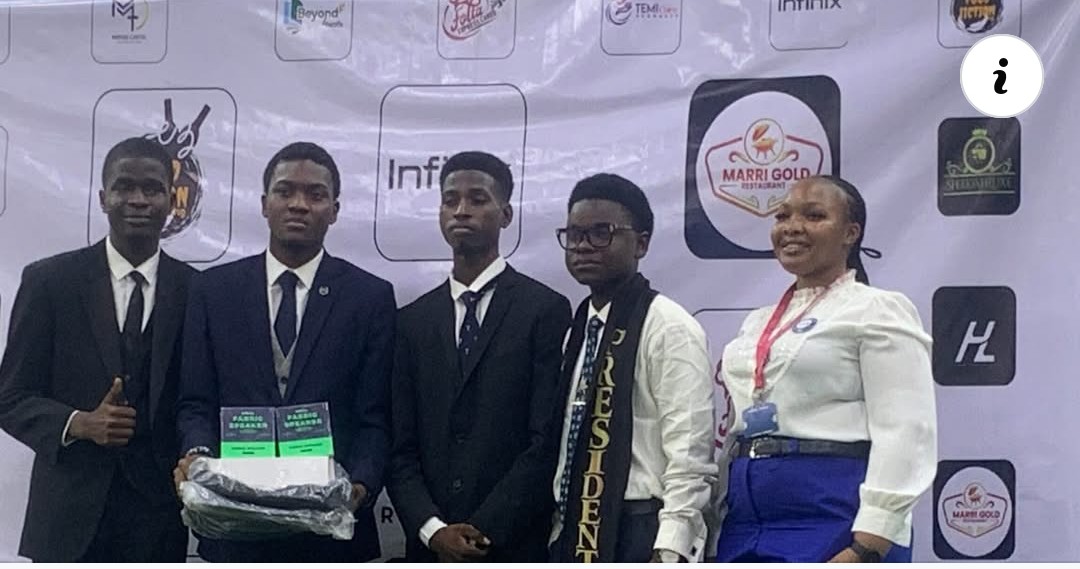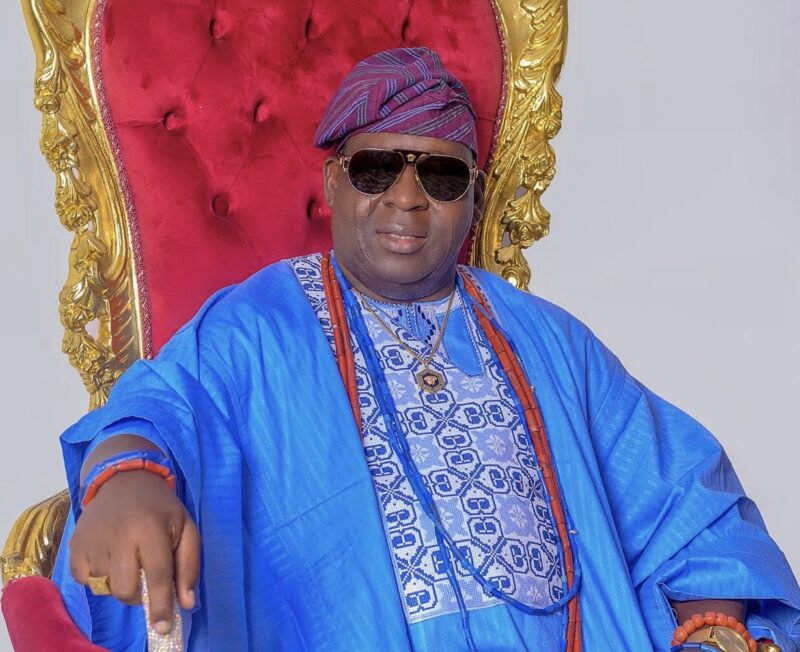President Jonathan’s Almajiri education scheme, ambitious as it was, couldn’t pass the litmus test of sustainability. Years after the highly spotlighted commissioning at Gagi in Sokoto State, and we are left with an abandoned project.
An even greater concern is the scheme’s inability to address the magnitude of the problem. “…in my village, remarked The former Governor of Kano State, Dr Abdullahi Umar Ganduje, we have this school with only 50 students, and in Kano, we have over 3 million Almajiris, and the number of Almajiri is almost a problem to the number of school children. So, the issue is not creating a school”.
Hopes were revived when last year, the Buhari-led government established The National Commission for Almajiri and Out-of-School Children Education. However, this was not the first government agency or parastatal saddled with the responsibility of solving the ever-complex and multifaceted menace of out-of-school children in the country. But there was this excitement when the bill was signed into law — something unlike before — similar to the relief of a parched traveler who finally grasps a bottle of water.
“Today, ” commented a Twitter user who identifies as @AmrahAliyu, we received a tremendous parting gift from President @MBuhari-, a gift that will transform the lives of millions of children across Nigeria. He signed the NATIONAL COMMISSION FOR ALMAJIRI AND OUT OF SCHOOL CHILDREN EDUCATION BILL 2023 into Law!
A year down the line, and the commission has appointed two successive Executive Secretaries. The new Executive Secretary, who assumed office in April this year, got underway by creating a vibrant online and offline presence.
He has so far provided interviews to media outlets and engaged in advocacy visits to dozens of spiritual and political leaders in the country. In August, the commission announced the mopping up of over 20,000 out-of-school children in the Federal Capital Territory, Abuja, and assured that all the mopped-up children will be enrolled in school.
Despite the promising start, the commission is faced with the daunting task of financing its commitment to providing a multi-modal system of education that will eradicate illiteracy and foster skill acquisition and entrepreneurship programs.
For the past ten years, the country has failed to meet the 15% minimum allocation requirement for Education as agreed in the Abuja declaration of 2000 and recommended by the United Nations Educational, Scientific and Cultural Organisation (UNESCO). By far, the highest allocation was recorded in 2023, which was 8.8%, with 6.4% budgeted in 2024.
This persistent weakness in political will towards the education sector has called for a law mandating Government officials to enroll their wards in public schools. A case of putting their money where their mouth is.
While this incentive will make it harder for policymakers to ignore existing challenges when their children are directly affected, the possibilities are far-fetched, leaving us with the option of depending largely on philanthropic interventions.
But the question here is: for how long, and at what scale can the international donors provide the necessary life support? The Northern Education Initiative Plus (NEI+), one of the laudable education projects in recent years, despite its massive success, was discontinued after the expiration of the contract period in May 2021.
Funded by the U.S. Agency for International Development, the five-year program improved access and quality of education for more than two million school-aged children and youths, after training and equipping around 20,000 teachers and learning facilitators (LFs).
Despite the laudable achievements and the project being in its initial phase, it was executed only in Sokoto and Bauchi states. Even so, SolutionsPaper reported that the non-formal learning centers that were supposed to be taken charge by the state agencies for mass education are currently not operating to their full capacities.
The above predicament begs the question of how else can we make interventions like these sustainable. The answer lies within us, but only if we are willing to look closer.
In 2021, the World Bank published a story about how the Community and Social Development Project (CSDP) employs a bottom-up approach to empower communities and vulnerable populations to develop, implement, and monitor micro-social infrastructure projects.
The community-driven development approach has benefited 23 Million Nigerians and financed 16,167 micro projects in 5,728 communities across 29 states. The secret recipe that has led to the success of these projects lies in this approach: “tell us your problem and how best you want it solved, provide 5-10% of the required finances, and CSDP will cover the remaining percentage”.
“The aspect of contribution, said one of the General managers at CSDP, ensures ownership, they (the community) see themselves as stakeholders who have a stake in the project. If there is no money put in by the community, they will not see it as theirs”.
While civil societies and international donors have learned to involve beneficiaries in decision-making at all stages of planning and execution, there is still the problem of ownership.
Sustainability begins and ends with ownership. When a community owns a project, they cradle it from infancy and prevent it from having a premature death. But notwithstanding, it’s deplorable that we are once again resigning our fates to the humanitarian services of international donors and yet again asking the citizens to be the arbiters of their destiny.
If only the UBEC ACT of 2004 is functional. If only the allocation to the educational sector can be increased.







